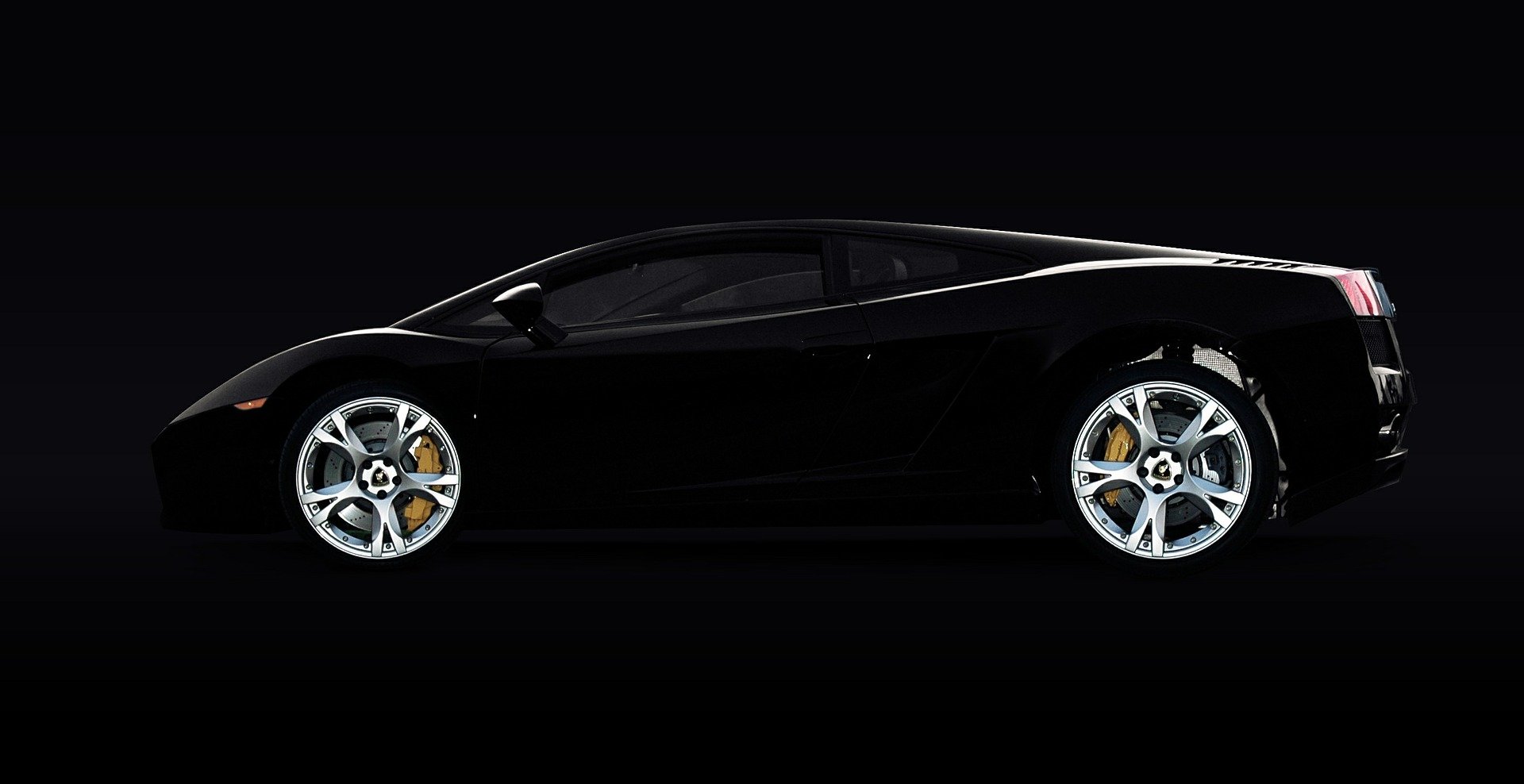
Social media is changing the world as we know it. Every day, people around the world, are utilizing the advanced modern telecommunications infrastructure and the power of their smart phones, tablets and computers to create a new landscape of connection, insight and meaning. Today, social media doesn’t refer to a single platform, tool or app but instead refers to a vast global constellation of connected products, services and opportunities. In essence, social media is a new paradigm of experience which is bringing people closer to the things they love. This is great for all the citizens of the world and it might even be even better for all the global businesses seeking to reach them.
Social media is driving a revolution in the business world which is as useful for small startup endeavors as it is for the largest of enterprise level corporations. All around the world, companies are learning that by connecting with social media meaningfully, they are better able to meet, understand and influence the behaviors of their customers. By creating high quality content, brands are able to tell their stories and the people that enjoy it are able to learn more about the things that are meaningful to them.
In this way, social media is built on reciprocity. That is, it opens a channel between businesses and their target audiences. Both groups receive tangible and intangible benefits from interacting meaningfully with social media content. The absolute best data around this behavior illustrates a very conclusive point: social media marketing campaigns, when wielded effectively, can boost sales, engagement and reputation in clear and increasingly measurable ways which offer clear advantages over other traditional marketing and advertising approaches.Driverless cars are at the forefront of the technological advances which are scheduled to dramatically alter life as we know it in the coming decade. Driven by more powerful than ever processing capability guided by advancements in energy sources of all kinds including microchips, batteries and so much more; driverless cars are expected to be a truly awe inspiring leap in capability, utility and user experience that they are expected to be a major part of a wider shift towards the modern, interconnected Internet of Things supported world.
So many software and hardware related consumer products can be linked in their singular innovative focus: automation of normal processes, increased efficiency across the board, enhanced safety and the offer of user experience like nothing see before. On the more technical side of the benefits of these new types of automobiles, researchers cite reductions of 33% of the cost of insurance expenditure due to the safety advances these will represent for the families and businesses that can afford them. They are additionally expected to make better on the most modern of attention technologies reducing overall fuel consumption by 10-20%.
True Innovation: Building the Future, Today
While facts like that might scare oil or insurance lobbyists, they are welcome ideas for many consumers. The push towards sustainability will be supported nicely by a variety of technological advances such as highly sophisticated, Artificial Intelligence and high Robotry supported driver less cars at varying price points. The human capital and technologies necessary to produce cars like this will drive many supplementary businesses and insights that will grow as this market slowly matures over the next ten years.
Driverless cars such as the one being developed by Volvo and branded under the “intellisafe” banner are currently in high demand. A brand like Volvo has been able to build greater recognition and improve its global reputation by presenting itself as a leader in safe choices that let busy parents sleep just a little more soundly at night. Customers are really excited about this niche market. Parents at all socioeconomic levels have seen cars with camera systems, cars which can park on their own. As these advances in automobile engineering continue to proliferate, demand will increase. Keeping up with the jones’ doesn’t occur at the same rate among all these socioeconomic levels but this market is expected to truly diversify offering options for consumers of all stripes and characters.
Areas of Market Uncertainty
If there is uncertainty at all in this market it is related to several key areas.
First, there have been infrastructure shortfalls identified in the global supply chain related to the production of driverless cars. This means that ramping up production and ensuring sustainable global wholesale production of these cars is not exactly possible. Nonetheless, the technologically advanced nature of this issue means that as the challenge is met by global players in this niche market, new hubs of production, innovation and expertise are likely to spring up around the regions that are best able to see where this market is going.
Next, global government regulations around driverless cars remains elusive and as a legal and policy framework, there are standards established. Creating new laws to manage, new technologies and ensure safety is an endless games. Nonetheless, intense regulations in this market could cut into the profit margins of firms which have had to seek the most advanced human capital to conduct the research necessary to bring this market into its own.
Finally, the global threats of terrorism and hacking represent real issues with any technology driven market as this clearly is. There are fears that the Internet of Things interface which is the name given to the complex systems of mobile, web and cloud based advanced which will connect appliances and fixtures of the environment in ways not seen before. Imagine, traffic lights communicating with cars that are also communicating with satellites and diagnostic machines in health care systems. The linkages between these devices offer tremendous utility and opportunity but they also expose community of all sizes to cyber threat. Driverless cars if compromised could dramatically threaten life.
Nonetheless, global cyber security investment is on the rise and the best and brightest firms at the forefront of this market are already spending heavily to ensure their products and platforms remain secure. Still, with revelations such as the recent Wikileaks’ released CIA Vault 7 dataset, it seems there is every reason to believe that security and integrity across advanced communications systems remain elusive at best.
These challenges will end up strengthening the driverless market. It will pay off for firms to adequately balance that age old question: wait to release the perfect product or start marketing what you have and make it all come out in the wash so to speak. Cleary a hot market demands action but a misstep or failure to enter gracefully could ruin brand identity and support the whiffs of uncertainty that always trail neatly beyond advanced technology.
Global Driverless Car Market: Insights and Key Players
The global driverless car market is being arranged around the key components necessary to produce these cars and the geographical locations that support them.
The component market is composed by startup and well established computing, imaging and automobile firms building:
- Radar sensors
- Video cameras
- LiDAR sensors
- Ultrasound sensors
- Central automobile computing systems
Geographically, the driverless car market is spread across the industrial hubs of North America, Europe, Asia-Pacific and LAMEA (Latin America, Middle East and Africa).
The key firms to keep your eye on in this niche market include:
- Google, Inc.
- Daimler AG
- Ford Motor Company
- Toyota Motor Corporation
- BMW AG
- Audi AG
- AB Volvo
- Dutch Automated Vehicle Initiative (DAVI)
- Autonomous Lab
- Volkswagen.
DRIVERLESS CAR MARKET KEY SEGMENTS
The market is segmented on the basis of component and geography.
MARKET BY COMPONENT
- Radar Sensor
- Video Cameras
- LiDAR Sensor
- Ultrasound Sensor
- Central Computing System
- GPS Navigation System
MARKET BY GEOGRAPHY
- North America
- Europe
- Asia Pacific
- LAMEA
KEY PLAYERS
- Google, Inc.
- Daimler AG
- Ford Motor Company
- Toyota Motor Corporation.
- BMW AG
- Audi AG
- AB Volvo
- Dutch Automated Vehicle Initiative (DAVI)
- AutoNOMOS Labs
- Volkswagen
Supplementary Markets Supporting Growth Across Driverless Cars Niche:
Infotainment, Navigation and Telematics
Smart Transportation Market
- The global smart transportation market size was valued at $63,667 million in 2015, and is projected to reach $237,701 million by 2022, growing at a CAGR of 18.6% from 2016 to 2022. Smart transport consists of intelligent transportation systems (ITSs)
- Globally the smart transportation market encompasses many different types of firms. It cannot be understated how many advanced components and technological expertise the production of smart and driverless cars will represent.
Marine Dynamic Positioning System Market
- The global marine dynamic positioning system market size is expected to reach $2,127 million in 2022 from $1,594 million in 2015, growing at a CAGR of 3.8% from 2016 to 2022.
- This could also include applications in space, overall the dynamic positioning system market will absolutely grow in direct response to global consumers willingness to invest in innovations like driverless cars.
In-Car Infotainment Market
- Driverless cars will offer advanced informational systems which could be utilized for entertainment, enrichment and so much more.
- With the potential for all occupants of a vehicle to be able to engage more meaningfully in these cars, this market segment is expected to expand in many exciting ways.
Asia-Pacific Advanced Driver Assistance System (ADAS) Market
- Asia-Pacific Advanced Driver Assistance System Market is expected to garner $15.5 billion by 2020.
- The highly sophisticated driver assistance systems (ADAS) facilitate safe driving and warn the driver of any threats or malfunctions of hardware or software.
Consumer Telematics Market
- Global Consumer Telematics Market is expected to garner $26.18 billion by 2020, registering a CAGR of 33.7% during the forecast period 2014-2020.
- Consumer telematics are communication technologies and services enabling transfer of large amounts of data seamlessly between servers, quality control systems and the driverless cars at the forefront of this technological advancement.
Connected Car Market
- The Global Connected Car Market is expected to garner $141 Billion by 2020, registering a CAGR of 32.7% during the forecast period 2014 and 2020. Driverless cars are one of the main consumer connected car developments being discussed and tested today.
- There are clearly huge profits to be made in this market as it matures and clearly defines the needs of itself and its target consumers.
Trending News Articles
 There are those who talk the talk and the …by Jason Stone●September 7, 2023
There are those who talk the talk and the …by Jason Stone●September 7, 2023 “If You Wanna Know Something About Yourself, Ask Yourself This Question” | Jordan Petersonby Jason Stone●August 28, 2022
“If You Wanna Know Something About Yourself, Ask Yourself This Question” | Jordan Petersonby Jason Stone●August 28, 2022 How To Deal With Rejection Like A Champby Jason Stone●November 17, 2016
How To Deal With Rejection Like A Champby Jason Stone●November 17, 2016 “This Decision By Justin Trudeau Will Result In Mass Hunger” | Jordan Petersonby Jason Stone●September 19, 2022
“This Decision By Justin Trudeau Will Result In Mass Hunger” | Jordan Petersonby Jason Stone●September 19, 2022







